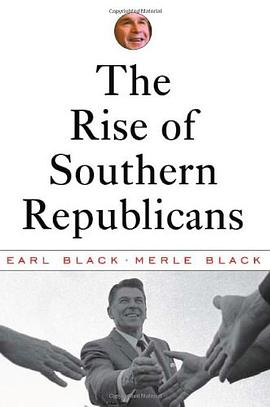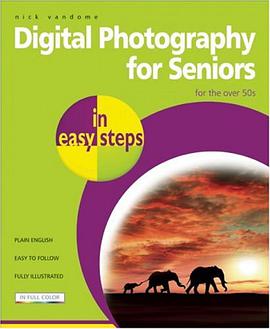

具體描述
Can a liberal polity act on pressing matters of public concern in a way that respects the variety of beliefs and commitments that its citizens hold? Recent efforts to answer this question typically begin by seeking an uncontroversial starting point from which legitimate public ends can be said to follow. This reluctance to admit controversial beliefs as legitimate grounds for public action threatens to prevent us from responding effectively to many of the leading social and political challenges that we face. Eric MacGilvray argues that we should shift our attention away from the problem of identifying uncontroversial public ends in the present and toward the problem of evaluating potentially controversial public ends through collective inquiry over time. Rather than ask ourselves which public ends are justified, we must instead decide which public ends we should seek to justify. "Reconstructing Public Reason" offers a fundamental rethinking of the nature and aims of liberal toleration, and of the political implications of pragmatic philosophy. It also provides fresh interpretations of founding pragmatic thinkers such as John Dewey and William James, and of leading contemporary figures such as John Rawls and Richard Rorty.
著者簡介
圖書目錄
讀後感
評分
評分
評分
評分
用戶評價
相關圖書
本站所有內容均為互聯網搜索引擎提供的公開搜索信息,本站不存儲任何數據與內容,任何內容與數據均與本站無關,如有需要請聯繫相關搜索引擎包括但不限於百度,google,bing,sogou 等
© 2025 book.quotespace.org All Rights Reserved. 小美書屋 版权所有




















